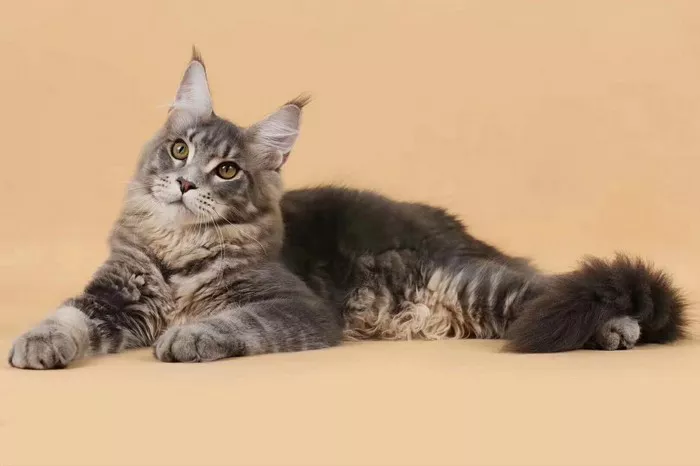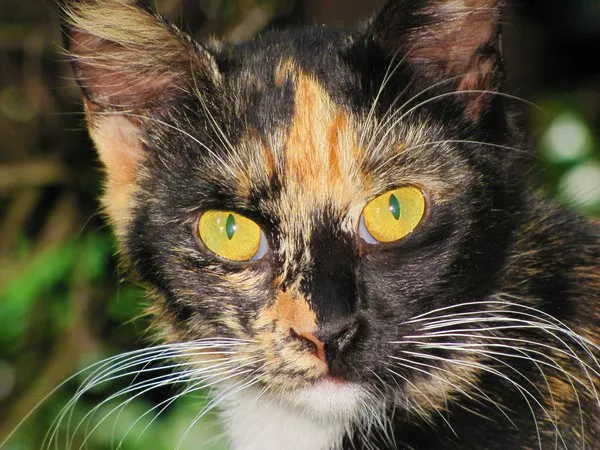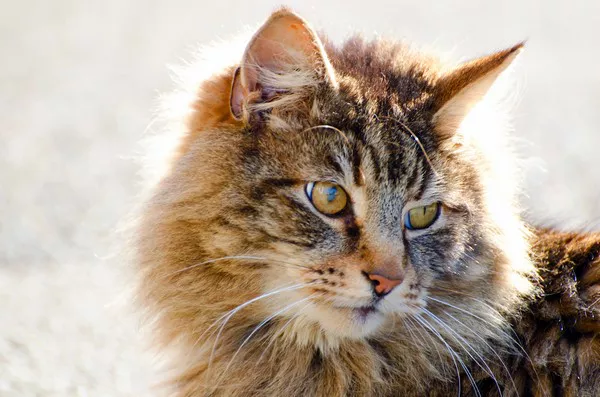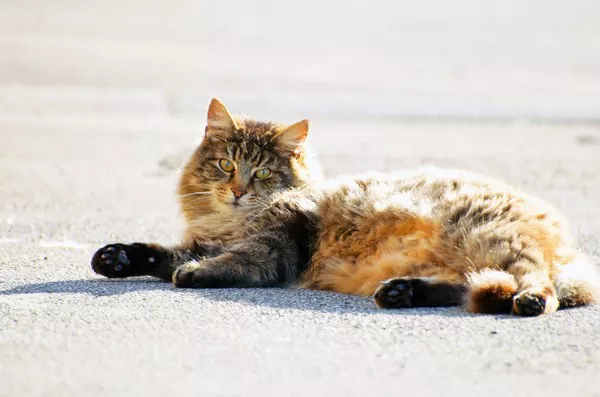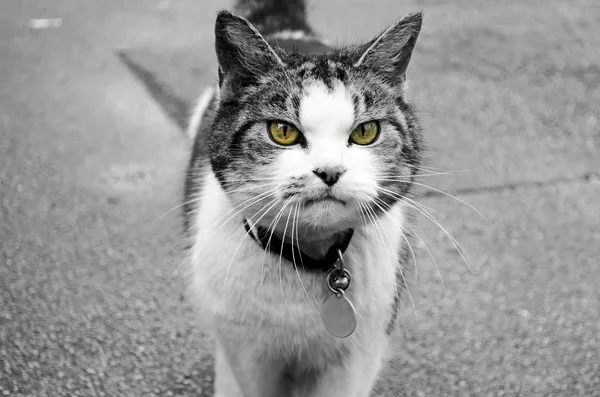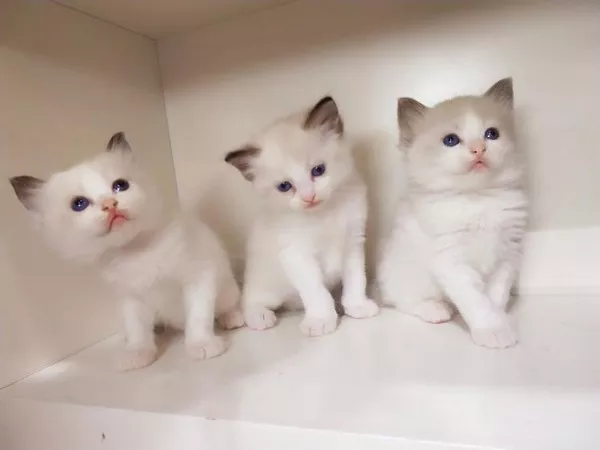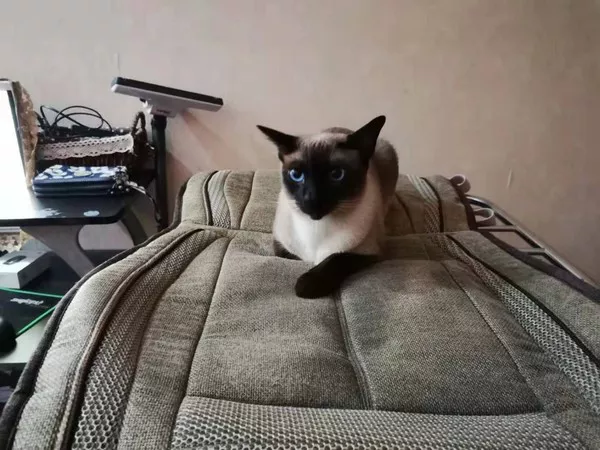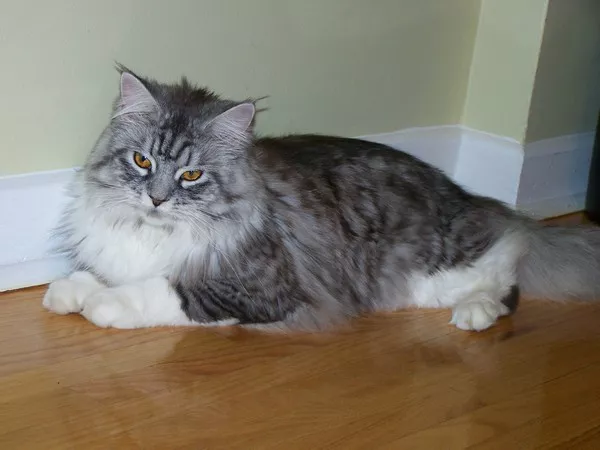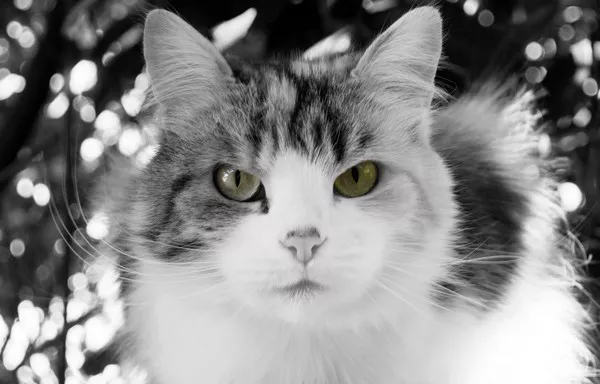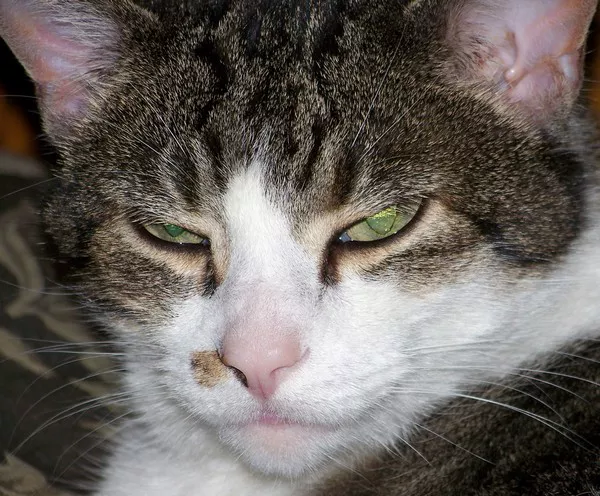Maine Coons are renowned for their majestic appearance, friendly demeanor, and playful personality. However, not all Maine Coons exhibit the same level of affection towards their owners. While some may be cuddly and affectionate, others may be more reserved or independent. In this comprehensive guide, we delve into the reasons why your Maine Coon may not be as affectionate as expected and provide training tips to help foster a stronger bond between you and your feline companion.
Understanding Maine Coon Behavior
Before addressing why your Maine Coon may not be as affectionate as you’d like, it’s essential to understand the breed’s behavior traits and tendencies. Maine Coons are known for their intelligence, curiosity, and adaptability, making them well-suited to various living environments and lifestyles.
While Maine Coons are generally sociable and enjoy interacting with their human companions, individual personalities can vary greatly among cats. Factors such as genetics, early socialization, past experiences, and environmental stimuli can all influence a Maine Coon’s behavior and temperament.
Reasons for Lack of Affection
There are several reasons why your Maine Coon may not be as affectionate as expected. It’s essential to consider these factors before attempting to address the issue:
Genetics: Like all cats, Maine Coons inherit certain personality traits and behaviors from their parents. If one or both of your Maine Coon’s parents were less affectionate or independent, your cat may have inherited these tendencies.
Early Socialization: The first few weeks of a Maine Coon’s life are critical for socialization and bonding with humans. If your cat did not receive adequate socialization during this period, they may be less comfortable or trusting around people.
Past Experiences: Traumatic or negative experiences in your Maine Coon’s past, such as mistreatment or abandonment, can impact their behavior and ability to form trusting relationships with humans.
Health Issues: Underlying health issues or discomfort may cause your Maine Coon to withdraw or exhibit changes in behavior. It’s essential to rule out any medical conditions that may be contributing to your cat’s lack of affection.
Environmental Factors: Changes in your Maine Coon’s environment, such as moving to a new home, the addition of new pets or family members, or disruptions in routine, can cause stress and anxiety, leading to changes in behavior.
Training Tips to Foster Affection
While some Maine Coons may naturally be less affectionate than others, there are several training tips and strategies you can use to help encourage bonding and increase your cat’s comfort level with affection:
Create a Safe and Comfortable Environment: Provide your Maine Coon with a safe, comfortable, and enriching environment that includes plenty of hiding spots, vertical space for climbing, and cozy resting areas.
Establish Trust: Build trust with your Maine Coon by respecting their boundaries and allowing them to approach you on their terms. Avoid forcing interactions or overwhelming your cat with attention.
Use Positive Reinforcement: Reward your Maine Coon with treats, praise, and affection whenever they display desired behaviors, such as approaching you voluntarily or allowing you to pet them. Positive reinforcement helps strengthen the bond between you and your cat.
Practice Gentle Handling: Handle your Maine Coon gently and respectfully, avoiding sudden movements or actions that may startle or frighten them. Approach your cat calmly and speak to them in a soothing tone of voice.
Engage in Interactive Play: Engage your Maine Coon in interactive play sessions using toys, such as feather wands, laser pointers, or puzzle feeders. Play helps stimulate your cat’s natural instincts and provides an opportunity for bonding and socialization.
Provide Enrichment Activities: Keep your Maine Coon mentally and physically stimulated by providing enrichment activities, such as puzzle toys, scratching posts, and interactive feeding devices. Enrichment helps alleviate boredom and reduce stress.
Be Patient and Persistent: Building a strong bond with your Maine Coon takes time and patience. Be consistent in your training efforts and remain patient, even if progress is slow. With time and effort, your cat will gradually become more comfortable and affectionate.
Consult a Professional: If you’re struggling to address your Maine Coon’s lack of affection or behavior issues, consider seeking guidance from a professional animal behaviorist or veterinarian. They can provide personalized advice and recommendations tailored to your cat’s specific needs.
Conclusion
While some Maine Coons may naturally be less affectionate than others, there are several factors that can influence their behavior and temperament. By understanding the reasons behind your cat’s lack of affection and implementing training tips and strategies to foster bonding, you can strengthen your relationship with your Maine Coon and create a more fulfilling and rewarding companionship. With patience, love, and positive reinforcement, you can help your Maine Coon feel more comfortable and secure in their interactions with you.

